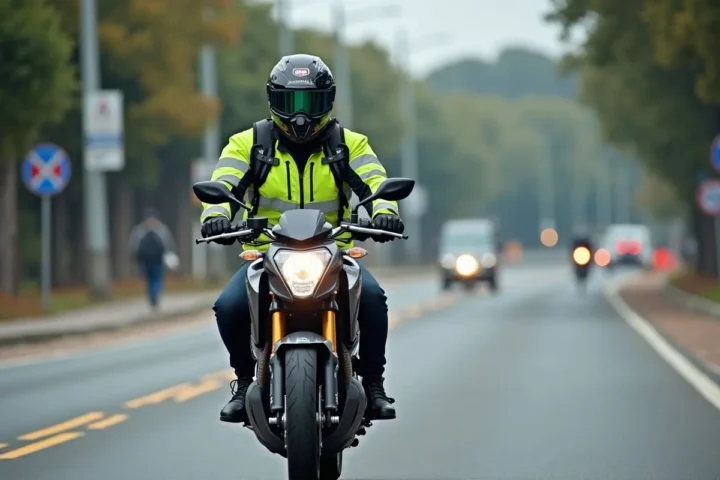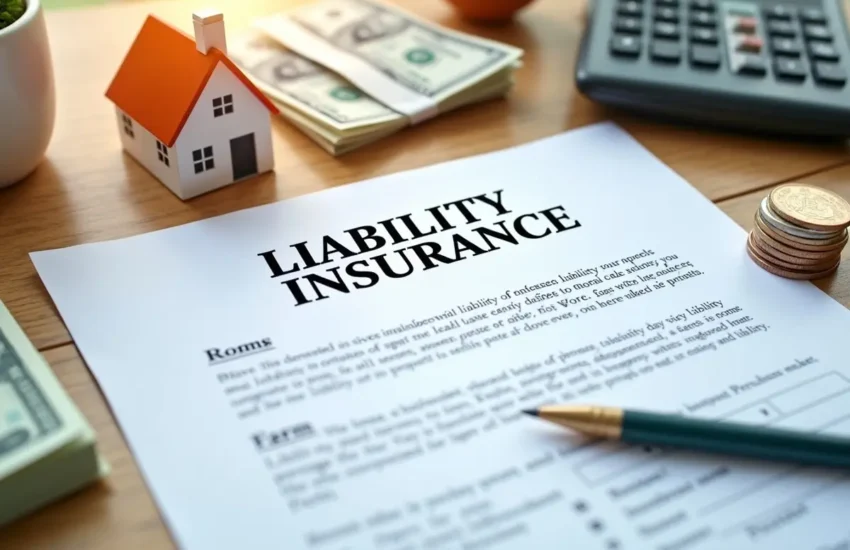Motorcycle Safety 101: 5 Essential Tips for Riders
Colorado is known to have a thriving motorcycle culture and is often considered a popular destination for enthusiasts. The state attracts many motorcyclists and offers diverse riding opportunities.
Colorado’s scenic landscapes, including winding mountain roads, picturesque canyons, and open highways, make it an appealing destination for all riders. The state’s extensive network of roads and routes, such as the famous Peak-to-Peak Highway and the Million Dollar Highway, provide breathtaking rides through mountains, forests, and other natural wonders.
In addition to the scenic attractions, Colorado hosts various motorcycle events and rallies yearly, attracting riders nationwide. These events include gatherings, group rides, charity rides, and motorcycle-specific festivals.

Given the proliferation of riders in the area, motorcycle accidents are unfortunately quite common. In 2022, 149 motorcyclists were killed on Colorado roads, representing 20% of the state’s total traffic fatalities but only 3% of the state’s vehicle registrations.
If you or a loved one was injured during a ride in Denver or anywhere in Colorado, you may consult motorcycle accident injury lawyers from ColoradoInjuryLaw.com to help you seek the restitution you deserve. Above all, when you’re out on highways or the streets, follow the basic guidelines below to stay safe.
1. Wear Protective Gear
Motorcycle gear is not just about looking stylish; it’s primarily about protection. A helmet is the most crucial piece of equipment as it safeguards against head injuries in case of an accident. Ensure that your helmet meets the Department of Transportation (DOT) standards.
Besides helmets, invest in high-quality motorcycle jackets, gloves, pants, and boots designed to protect against abrasion and impact during accidents. Reflective gear is also advisable for better visibility during night rides.
2. Stay Alert and Focused
While riding a bike takes great skill and attention, minor and significant distractions could lead to an accident at any time. Maintaining focus while on the ride means avoiding distractions such as cell phones or personal electronics, especially when riding on busy roads.
Other potential distractions include fatigue, intoxication or medication impairments, and eating while driving, which contributes significantly to crashes among motorcyclists. According to the rules, riders should avoid drinking alcohol before hitting the road. This is because alcohol impairs reaction time, leading to mishaps that can end in fatalities. When you’re not in control, it is always best to avoid the road.
3. Check Your Bike Before Riding
Regular maintenance checks are vital for safety. Keep your bike in top shape by regularly checking tire pressure and tread depth, brake system function, light operation, and fluid levels.
Choose an ABCD inspection process, where A denotes air pressure; B means brakes; C indicates clutches/cables/chain; D is all other parts such as lights, horn, battery, etc.—inspecting these areas weekly or before each ride can prevent maintenance issues while riding.
4. Follow Traffic Rules and Regulations
Motorcycle laws can vary from state to state, but every rider must learn and obey them. Understanding traffic rules, including speed limit, overtaking vehicles, road markings, etc., can save your life and the lives of others on the road.
It is also essential that drivers recognize motorcyclists. This is one of the several reasons riders tend to swerve when passed by larger vehicles. As a rider, keep yourself noticeable by wearing bright clothing or high-visibility gear, especially during night-time.
5. Get Proper Training And Experience
Every rider should receive hands-on experience before hitting the open road, particularly as motorcycles are in demand and more riders are joining the community. Motorcycle safety courses are available at most training centers, and these classes offer comprehensive training on basic operation techniques in a controlled setting.
Advanced courses are also available, which include defensive driving tactics, and how to respond effectively under stressful situations like an accident. Practicing low-speed maneuvers such as cones, circles, and U-turns further helps enhance bike handling skills.


